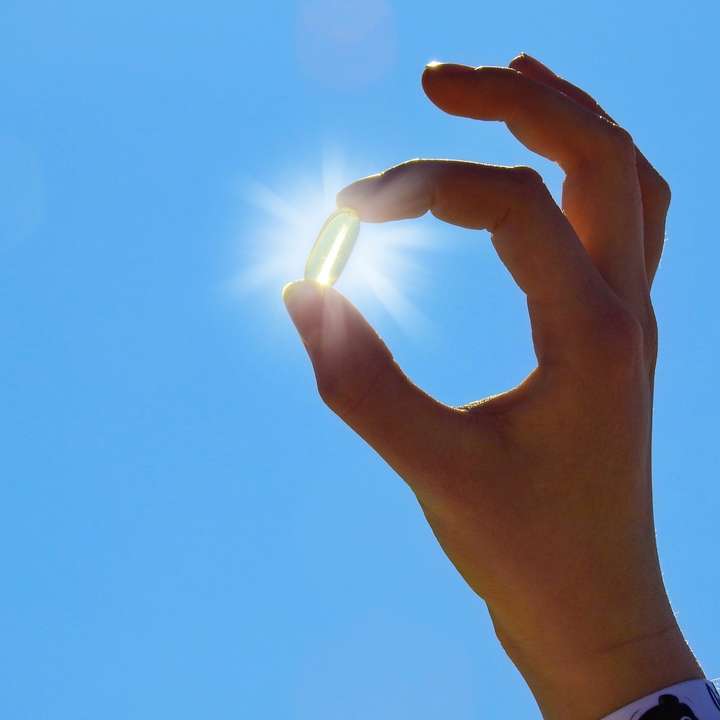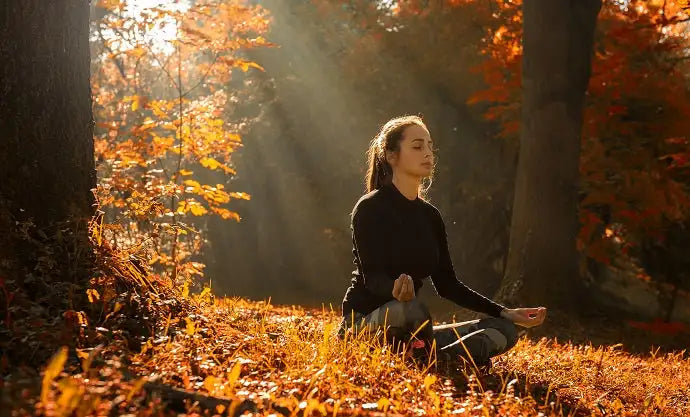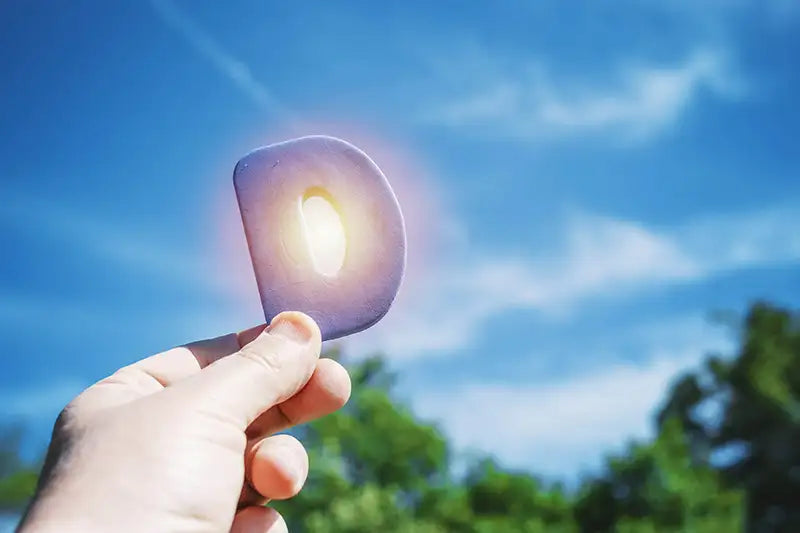Sad and gloomy mood, lack of motivation, shortening days can be synonymous with seasonal depression. Lack of vitamin D, magnesium deficiency and lack of light can explain the phenomenon. Our natural tips for not getting dark during winter nights and keeping a smile on your face from October to March.
PART 1: How do you know if you have seasonal depression?
If as soon as autumn and its decrease in light show up, you start to get depressed, see things in darkness and complain more than necessary, it is likely that it is due to seasonal depression. This multifactorial syndrome can bother you and appear as early as October.

1.1 | Symptoms of seasonal depression:
The symptoms are numerous but we can cite:
• sleep disorders or hypersomnia (sleeping too much and not being able to get out of bed)
• anxiety
• dark thoughts
• lack of motivation
• weight gain
• loss of interest
• apathy: difficulty being moved,
• indifference
• severe fatigue
• sadness
If you experience one or more of these symptoms, you may be suffering from seasonal depression to a greater or lesser extent.
To put it simply: If your symptoms are debilitating , if you are hampered in your daily actions, it is best to consult your doctor or speak to a health professional.
If you feel that the symptoms are minor , here are our tips for understanding and coping with this painful period.

1.2 | The mechanism of seasonal depression
Seasonal depression is multi-factorial:
BRIGHTNESS DROP
From the time change, the days get shorter and we are more and more confined indoors. We lack exposure to natural light . However, it is this exposure which regulates our nycthemeric cycles, that is to say the alternation of wakefulness/sleep .
It is exposure to natural light that gives our bodies the information via the retina to wake up, cortisol and dopamine (wake-up boost hormone) are secreted in the morning to get us going.
A lack of exposure to natural light can disrupt our internal hormone and neurotransmitter cycles.

LACK OF VITAMIN D AND SEASONAL DEPRESSION
Added to this is the drop in blood levels of vitamin D in winter. This vitamin is synthesized by skin cells when exposed to sunlight. In winter, we are well covered and at our latitudes from October to April, vitamin D synthesis is insufficient. The intake of this vitamin through food only covers a quarter of our needs.
It is estimated that more than 75% of the general population is deficient in vitamin D in winter.
However, this vitamin D greatly contributes to our morale and our sleep.
It is wise, in cases of seasonal depression, to supplement with vitamin D on a regular basis. Take advice from your favorite healthcare professional.

MAGNESIUM DEFICIENCY
We often tell you that magnesium is essential for morale and quality sleep.
Food struggles to cover our daily needs and it is our only source of magnesium.
Taking magnesium treatments in case of seasonal depression is always a good idea.
Part 2: Natural tips to avoid and combat seasonal depression:

2.1 | Expose yourself more to natural light
The first instinct in the event of seasonal depression is to get some fresh air outside. Walking in daylight, especially in the morning , while breathing well is the best solution to combat the winter blues.
Come on, let's motivate ourselves and get off the bus one stop early, we'll walk the dog without complaining, we inhale and exhale while thinking about the health benefits of a little morning walk...
Think about exposing yourself and going out as soon as a ray of sunshine peeks through the gray.

2.2 | Eat well
Food is a lever for action in the event of winter blues.
Focus on fresh, seasonal food, with raw foods.
Think about the magnesium in almonds, dark chocolate with more than 75% cocoa or green vegetables.
Focus on foods rich in good fats and omega 3 , such as small fish (herring, sardines, mackerel, anchovies, etc.), good first cold-pressed oils (rapeseed, walnuts, camelina, flax, etc.), oilseeds. (walnuts, especially hazelnuts) and seeds (chia, flax, hemp, etc.)

2.3 | Take care of your sleep
Morale is closely linked to our fatigue and the quality of our sleep. All our advice in this article.

2.4 | Supplement with vitamin D
During the cold season, our physiological synthesis of vitamin D is insufficient and our diet does not cover our needs.
Supplementing daily or weekly is necessary for adults and seniors. For children, consult your doctor.

2.5 | Dawn simulator and light therapy lamp
To counteract the effects of lack of light, it is possible to equip yourself:
• dawn simulator alarm clock , which will reproduce the brightness of a sunrise and cause a more gentle awakening
• light therapy lamp : daily exposure to light from these lamps can improve the symptoms of seasonal depression.
Winter is long and sometimes very long for people who suffer from seasonal depression. With the current general context, there is no need to add more.
Thinking about exposing yourself to natural light as much as possible, eating healthily, and taking vitamin D and magnesium as a food supplement can help you get through this period of winter blues more peacefully and wait until spring arrives.



